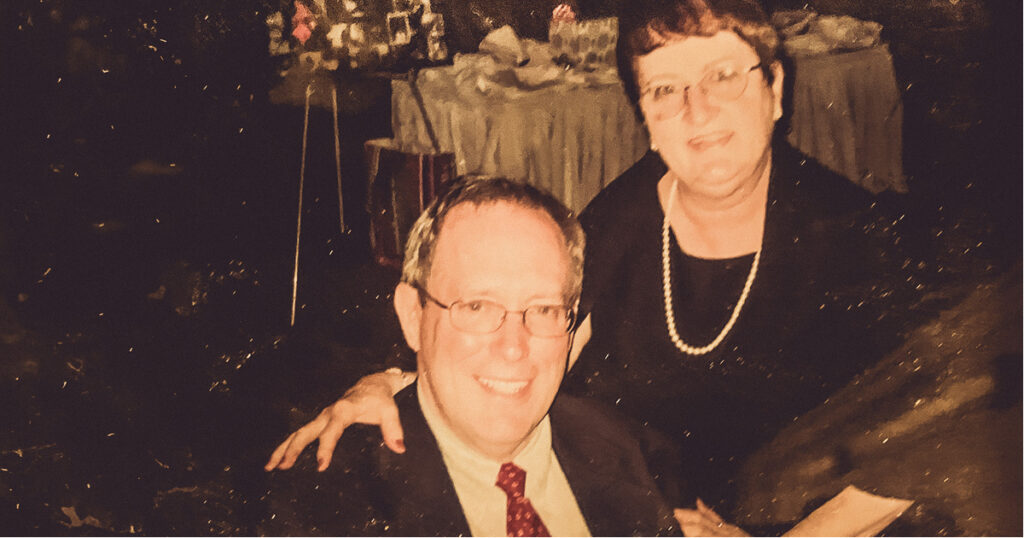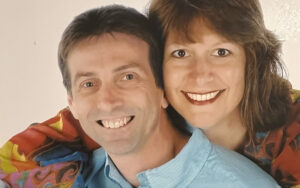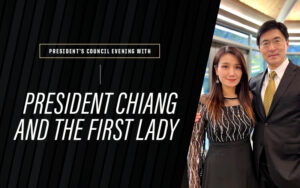
In 1983, as head of Purdue’s Department of Political Science, David Caputo received special permission to surprise his wife, Alice (MS LA’83), by presenting her diploma during her master’s graduation. This may be at the top of Caputo’s highlights from Purdue, but he spent 26 years on the West Lafayette campus collecting memories.
Caputo was dean of the College of Liberal Arts from 1987 to 1995, and he fondly remembers when the Liberal Arts and Education Building, now the Steven C. Beering Hall of Liberal Arts and Education, was built. “The hall itself gave great recognition to the importance of the liberal arts on Purdue’s campus and also signified that the university, including the Board of Trustees, was willing to make a major investment in furthering the teaching and research capabilities of the College of Liberal Arts,” says Caputo.
In July 2025, the College of Liberal Arts administration will move to University Hall. Opened in 1877, University Hall is the oldest building on campus and is currently undergoing renovations, reinforcing the university’s dedication to the liberal arts.
Caputo frequently taught in University Hall and is now supporting a naming opportunity for the dean’s office, which would also honor his late wife. He was the first occupant of the dean’s office in Beering Hall, so he thought this was the perfect full-circle moment.
In addition, Caputo pledged to create a named scholarship fund. Upon his death, the scholarship will support first-generation undergraduate students. “I remember teaching and working with first-generation students who needed financial help,” he says. “Now, I think it’s very important that I do my part to reach out and support current students in that situation.”
During his time at Purdue, Caputo built a web of connections with Boilermakers who continue to impact him. After his wife passed away in January, a handful of his former Purdue graduate students reached out to share their graduate school memories and career successes. “We go into teaching for the impact we can have on students—both graduate and undergraduate,” he says. “I enjoyed interacting with students and encouraged them to challenge me, ask questions, and think critically.”

